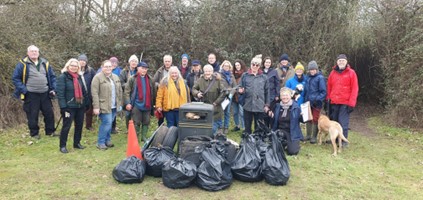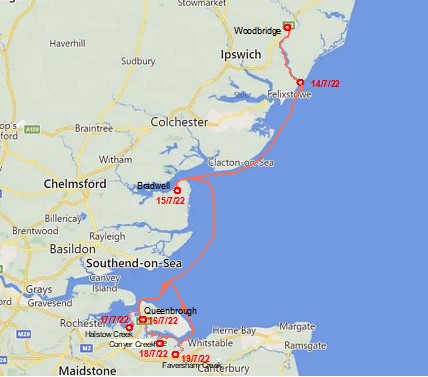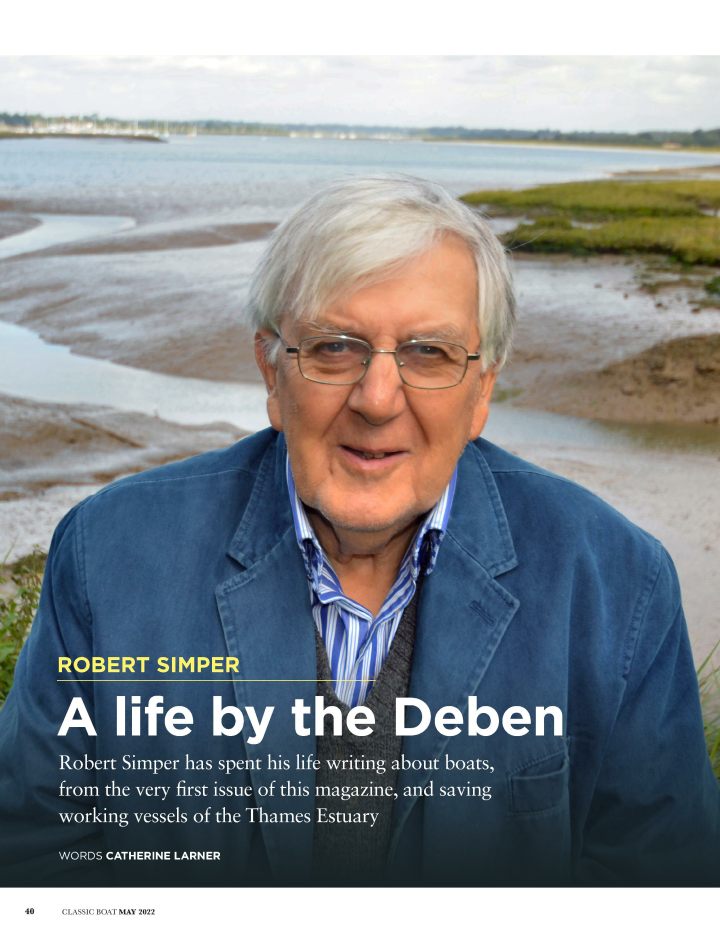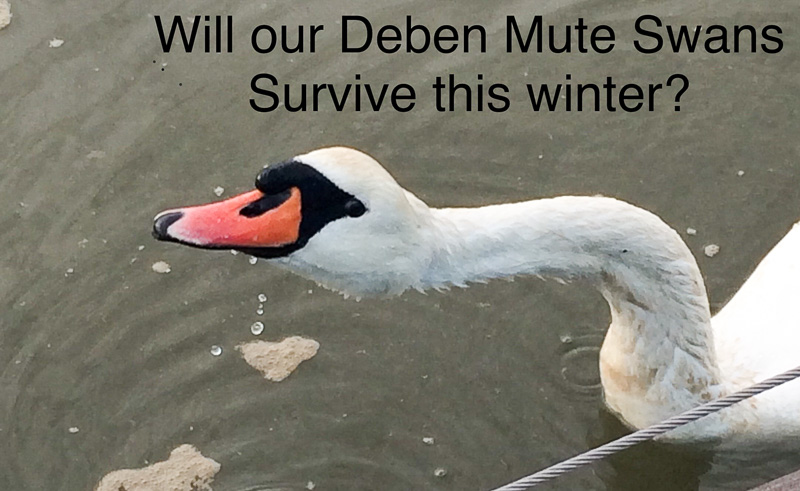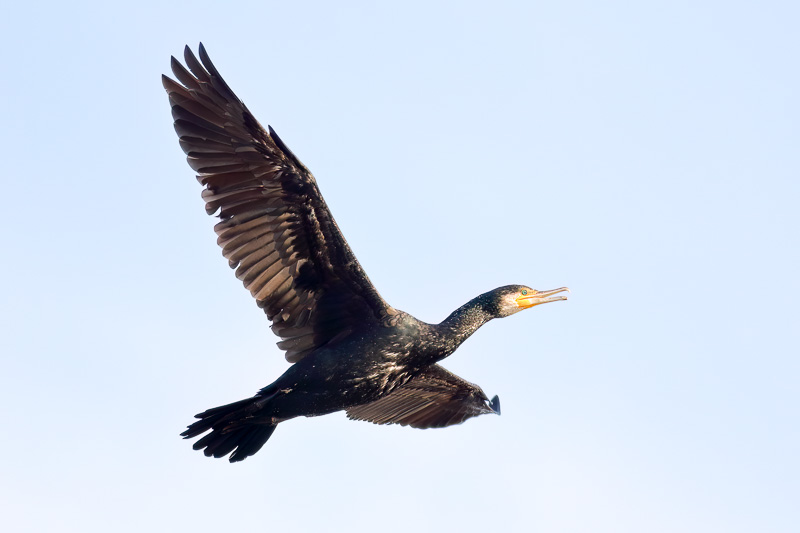By Sarah Zins
Few people, busy tacking their boat round a buoy or walking along the river path, stop to consider who owns the river, but once the seed of the question is sown, it becomes a source of fascination.
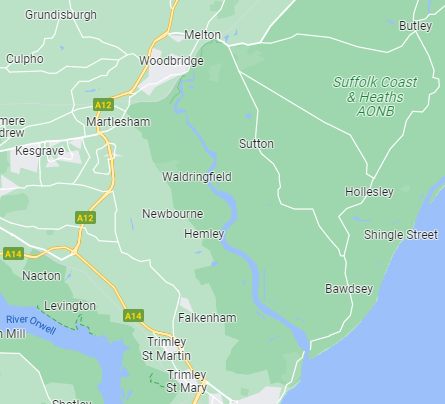
And the main answer is an easy one, but the little issues round the edges (sometimes literally) are knottier. So to the Easier One – the river is owned by the reigning monarch “in right of the Crown”, which means for the duration of their reign. It is not, however, the monarch’s private property and cannot be sold by them, nor are its revenues theirs. As you might imagine, the monarch is not rolling up their sleeves to discuss matters estuarine on a daily basis, so The Crown Estate is tasked with managing rivers and much other property in England, Wales and Northern Ireland. There is a separate Scottish Crown Estate which manages seabed and coastline around the Scottish coast. Continue reading →


